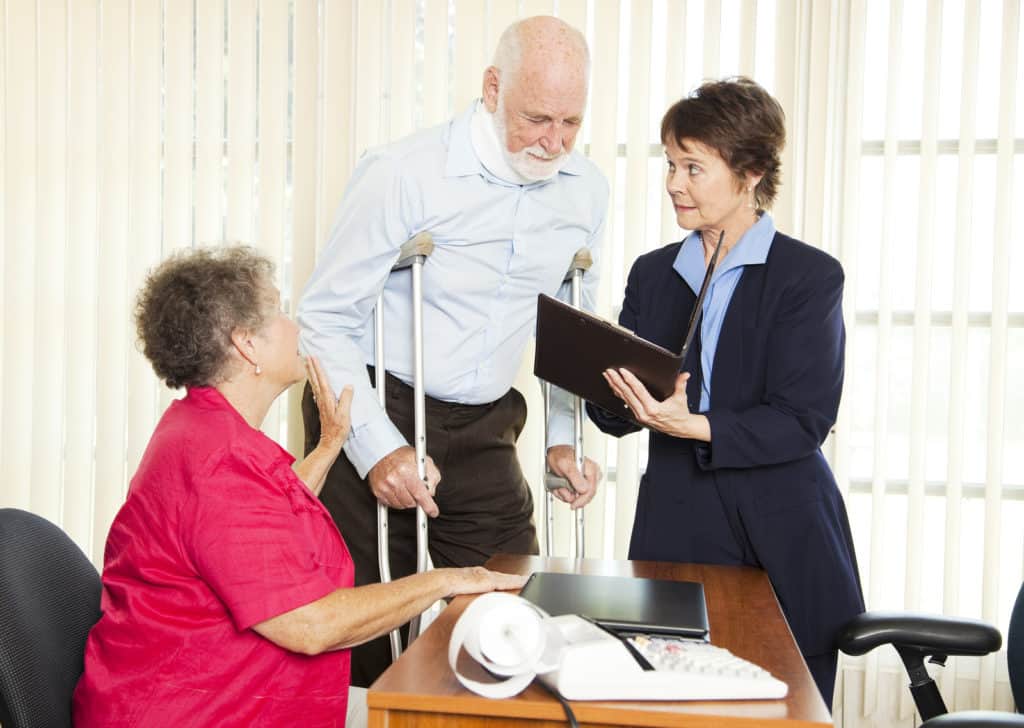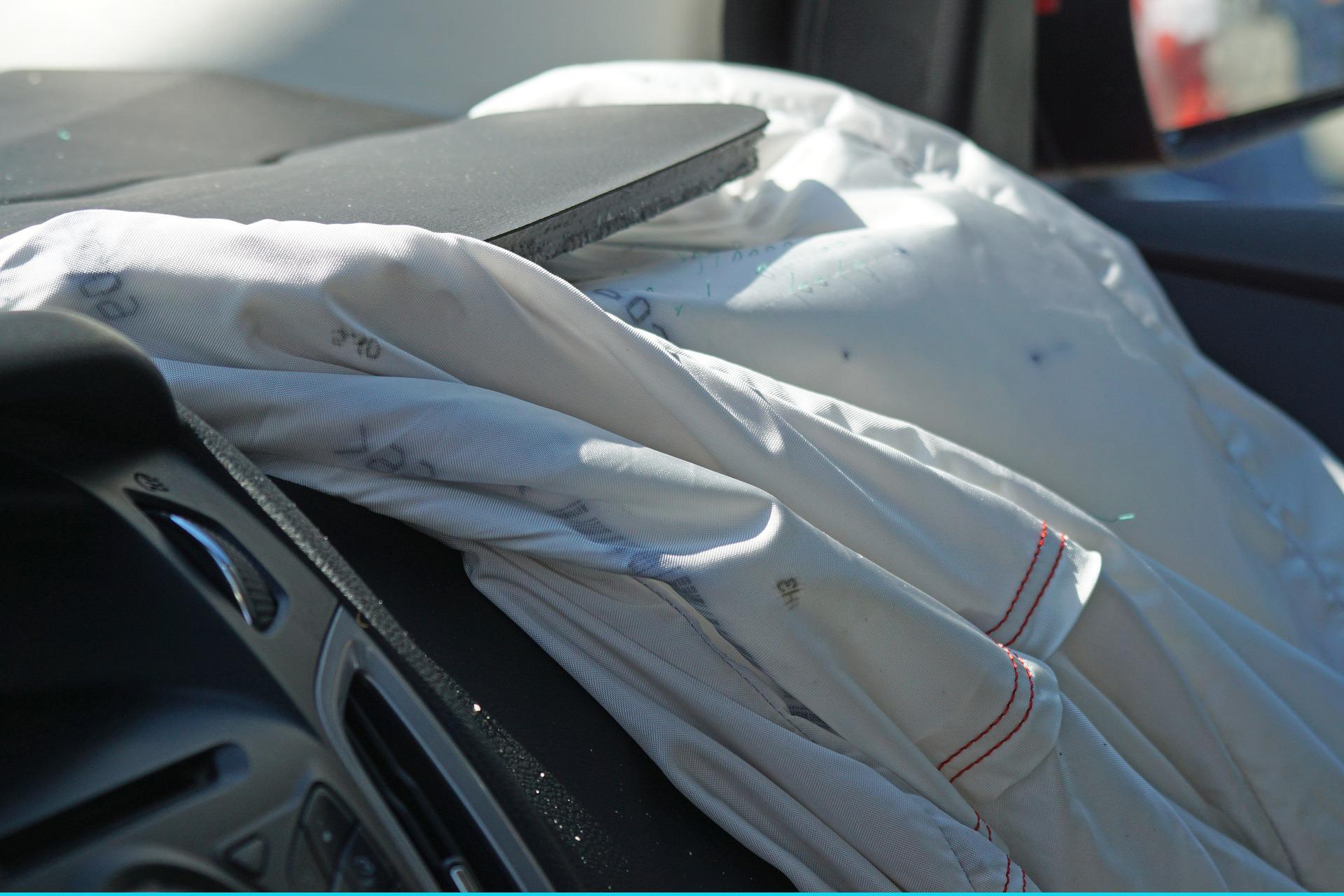Small businesses are not immune to the risks of lawsuits and personal injury claims. Most small businesses, especially with frequent customers and employees, will face a personal injury case during their lifetime.
And insurance helps a small business offset the potential liability risks and monetary loss from liability claims.
Personal injury laws that every small business must know and safeguard against include:
1. Vicarious Liability – Protection Against Employee Actions
The employees you hire may not act in the best interest of your company at all times. Incidents can and do happen, and you’ll be liable in vicarious liability. This is a legal term, which means:
- An employer is responsible for the acts of their employee
The employee’s acts must occur during their time with the company, and all claims must prove that the employee’s actions took place during their employment with the company. You, as an employer, are liable for a range of actions of your employees, including:
- Harassment
- Copyright breaches
- Libel
- Violence
And several other actions. Third parties may also fall under this spectrum if they are deemed under the control of the employer. As an employer you must:
- Properly train employees
- Provide guidelines and policies to protect against vicarious liability
You can provide training for discrimination, bullying, harassment and other actions which may be deemed vicarious liability.
2. Premises Liability: Injuries Occurring on Your Business’ Property
Premises liability is when a person, a customer, or employee, is injured on your business’s premises. Property owners are held liable for injuries and accidents on their property. The business owner’s legal responsibility is to protect patrons and employees against injury.
But this may vary depending on the status of the injured party.
A trespasser injured while trying to rob a warehouse would be held at a different status than an employee who had a roof tile fall on him or her. However, if a person is invited on the property, that is, they are on the property for a business purpose and become injured, you may be held liable.
Employers have a duty to:
- Make necessary repairs.
- Protect against known hazards.
- Reasonably inspect for unknown dangers.
States have laws in place to further protect invitees suffering injuries on a business’s premises. For example, Colorado Premises Liability Law “makes landowners and those who exercise sufficient control of the property, such as business tenants, responsible for activities and conditions on the property.”
Negligence can be proven when the owner knew of the dangers and hazards without taking the appropriate measures to correct the problem.
3. Product Liability: Potential Ongoing Hazards and Risks
Product liability is very complex, and an injured person is often advised to file a lawsuit against every party along the supply chain. For example, if you manufacture a product or components of another good, you may be liable for product liability.
Even wholesalers or retail stores are held liable in product liability claims.
There can be:
- Design defects
- Manufacturing defects
The law follows res ipsa loquitur, which sometimes places the burden of proof on the defendant. When this doctrine is invoked, the issue wouldn’t exist without some form of negligence.
Strict liability can also be applied.
Marketing defects like improper labeling can also lead to product liability claims. Product liability can be costly, and it will include everyone along the supply chain so the plaintiff can seek restoration.
The Role Of Personal Injury Lawyers
Small businesses must protect their image to gain more new customers and earn the trust and loyalty of their existing customers. The business can lose customers if legal issues, complaints, or claims associated with workplace-related incidents exist.
Personal injury lawyers can help small business owners handle claims and lawsuits associated with workplace injuries and commercial vehicular accidents. A personal injury lawyer specializing in workplace injury claims and lawsuits advocates the employer and the employee. Moreover, the attorney will assess the situation and help develop the best legal option, such as an internal agreement or court settlement, which can benefit both parties.
When a small business is involved in a truck accident, its commercial trucking license can be at risk of suspension or revocation. Hence, hiring a commercial trucking license lawyer with personal injury expertise is advisable.
Indeed, a personal injury lawyer can help a small business protect its reputation by resolving legal issues before they cause adverse effects. Instead of settling the personal injury issue alone, ask for legal help to ensure proper documentation and compliance with all legal procedures.
Small businesses are at risk of personal injury claims, whether on the business premises, during product usage, or even if an employee acts inappropriately. However, a thorough understanding of the law and your duties as a business owner can lower your risk of personal injury claims.


